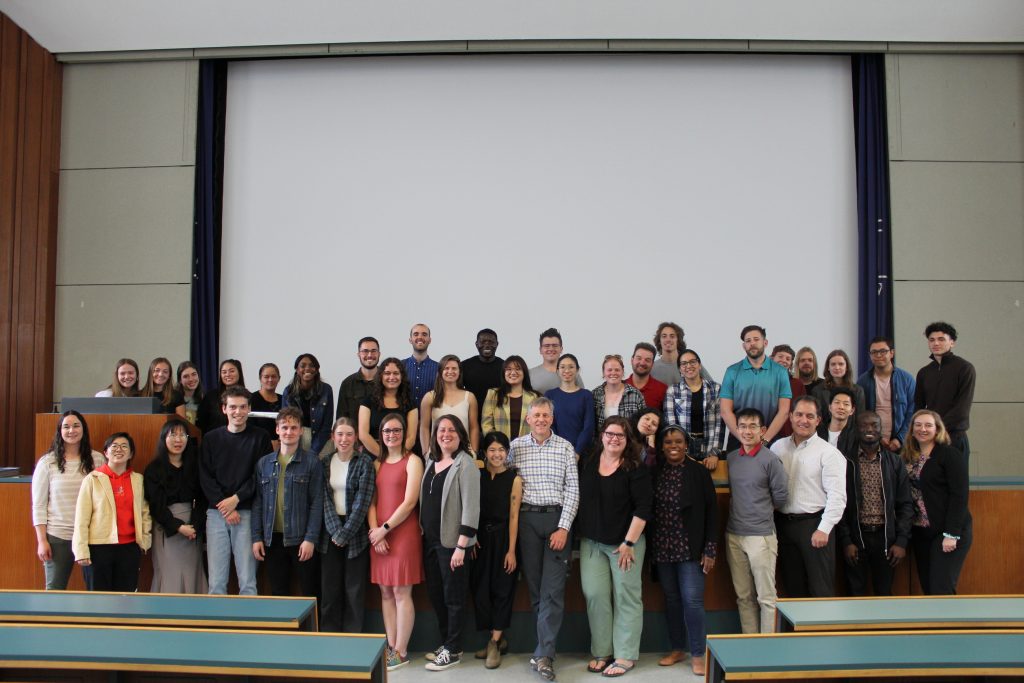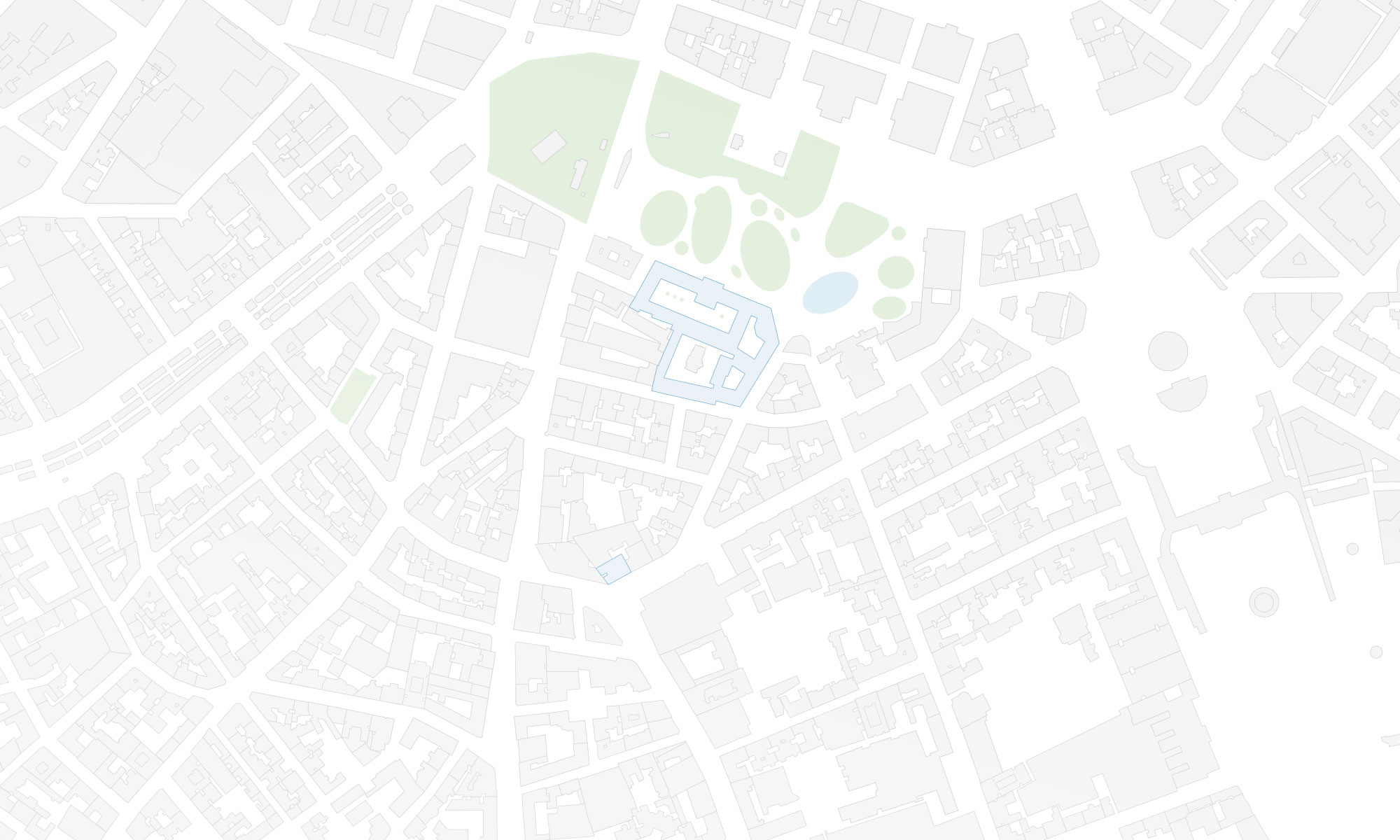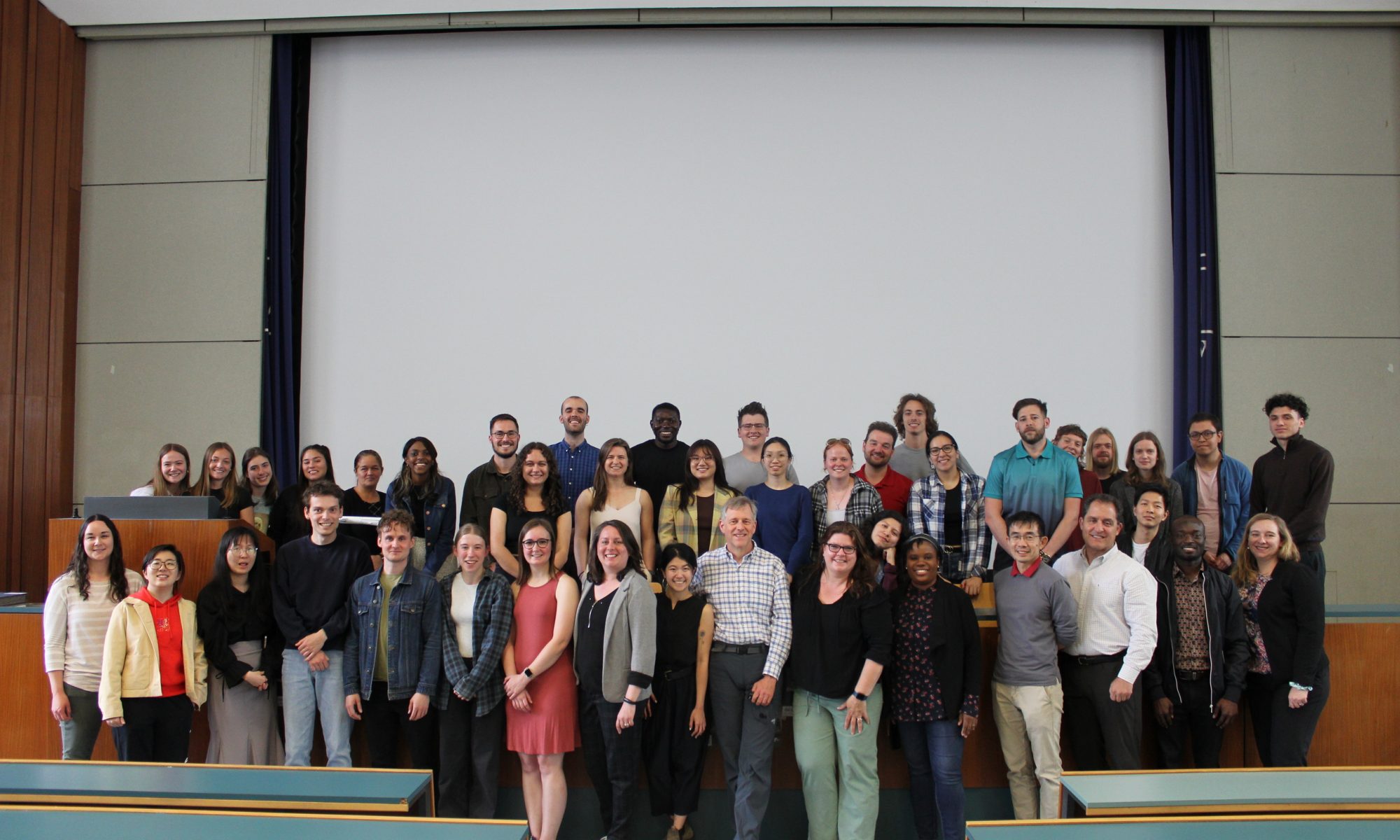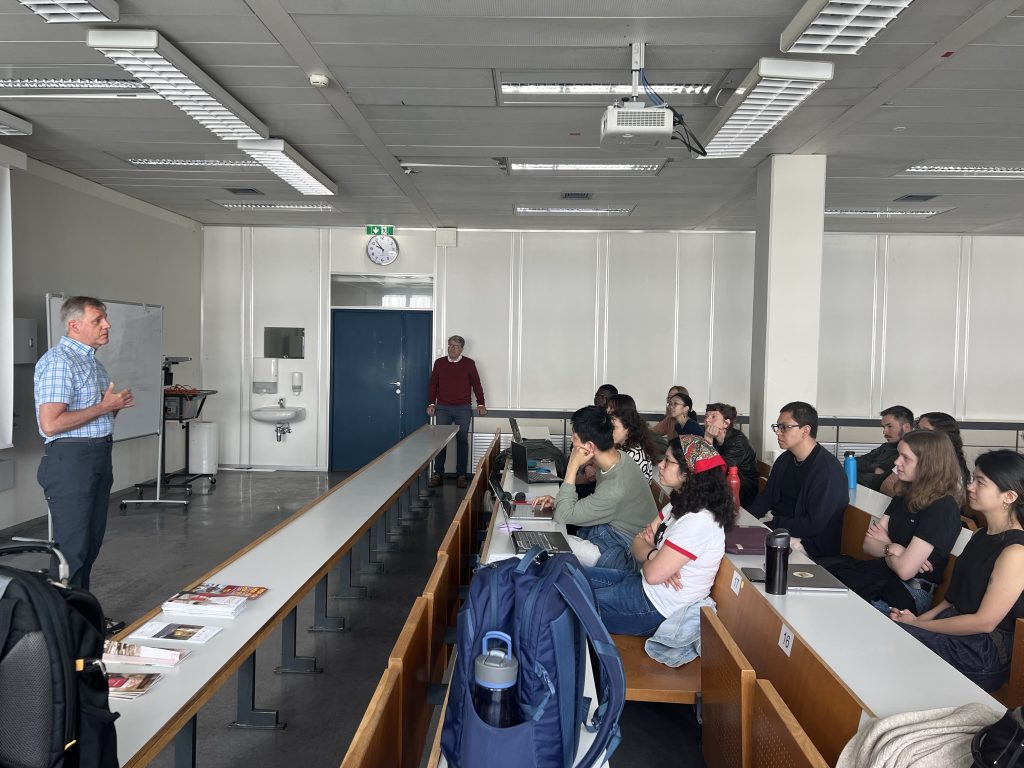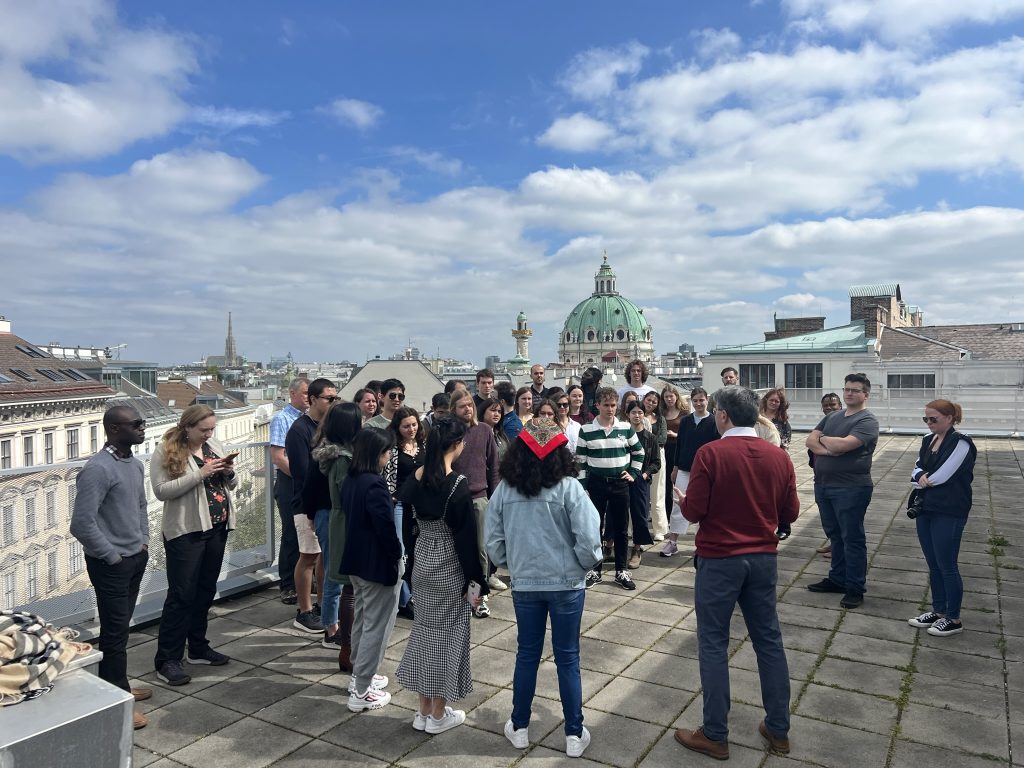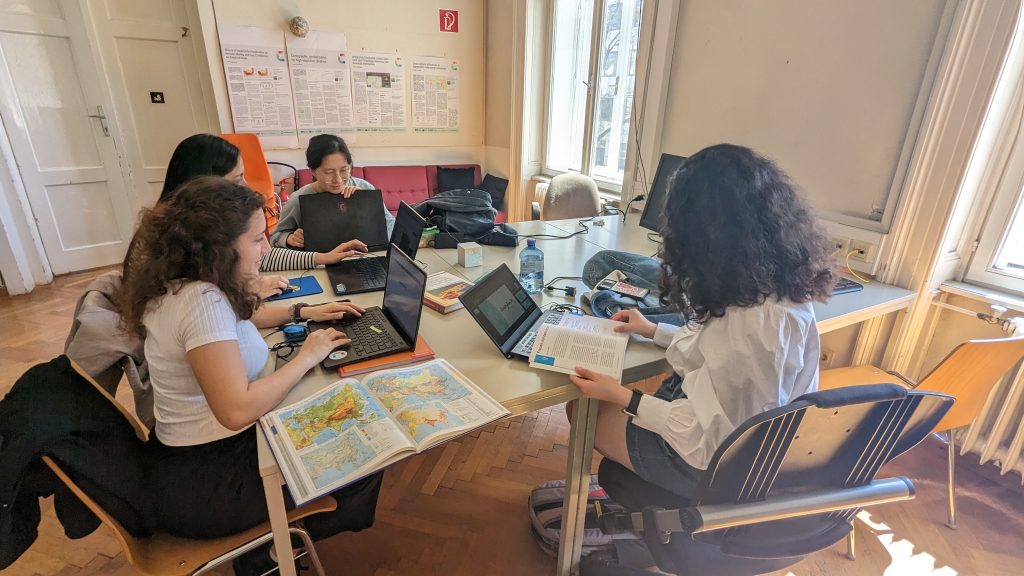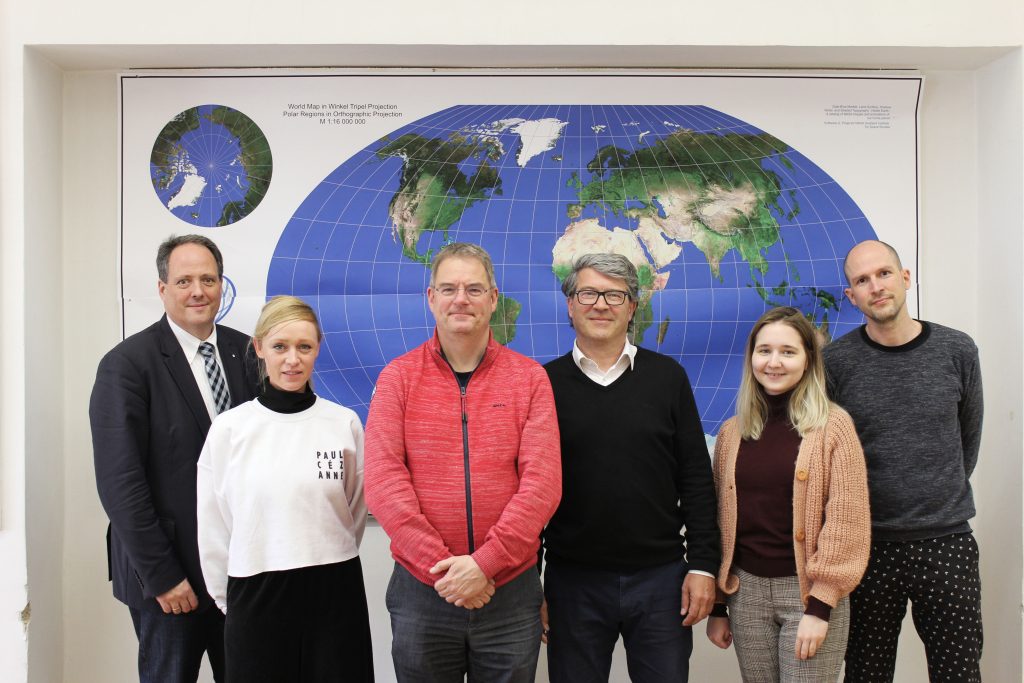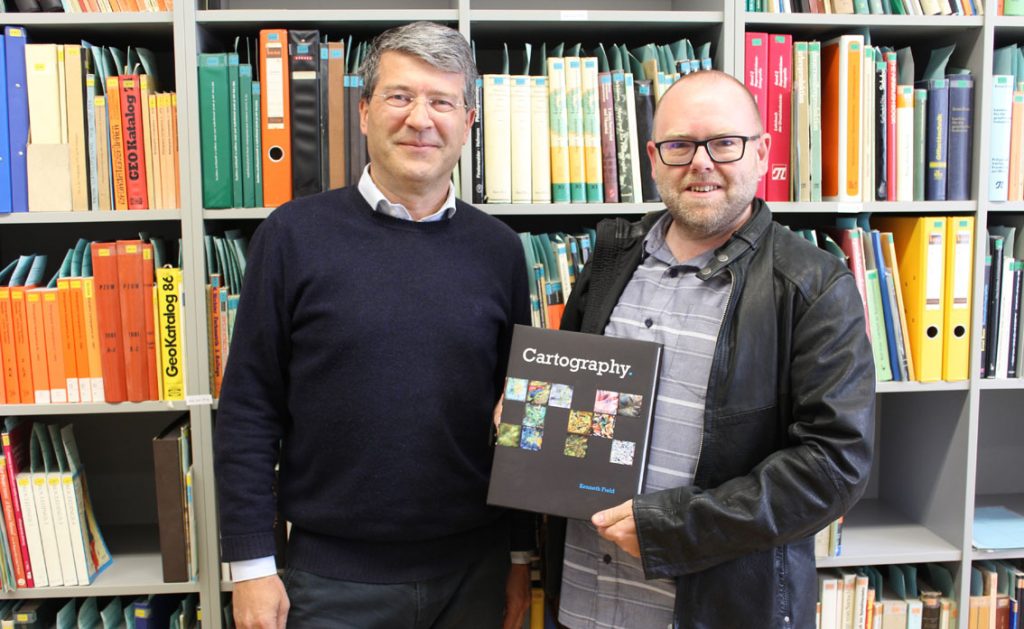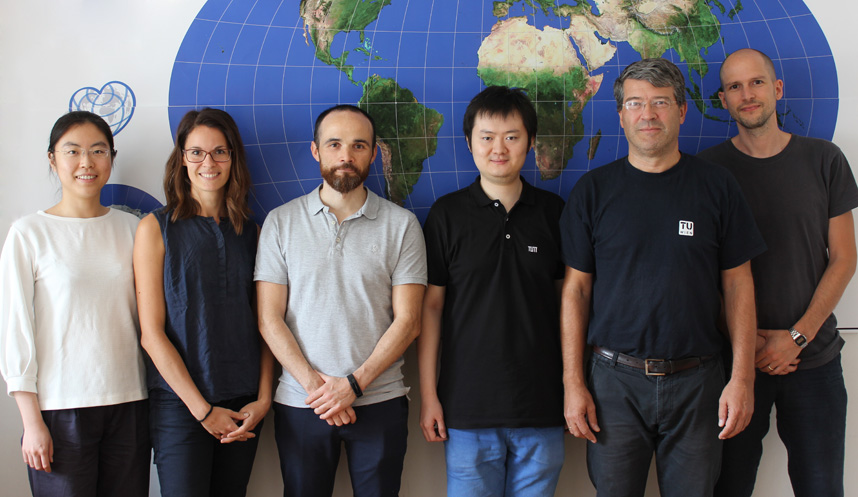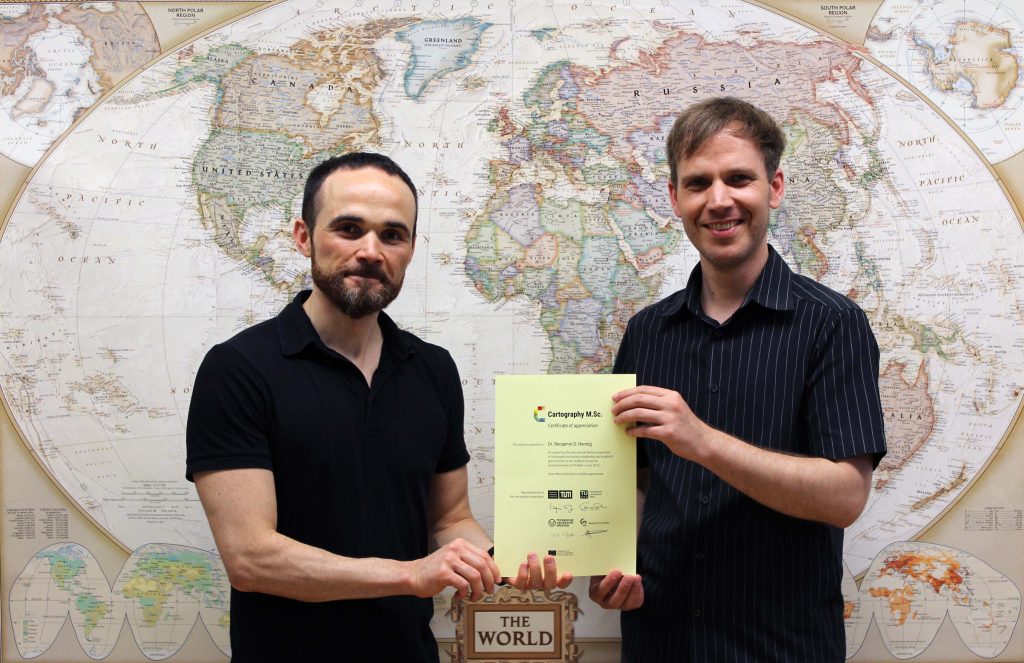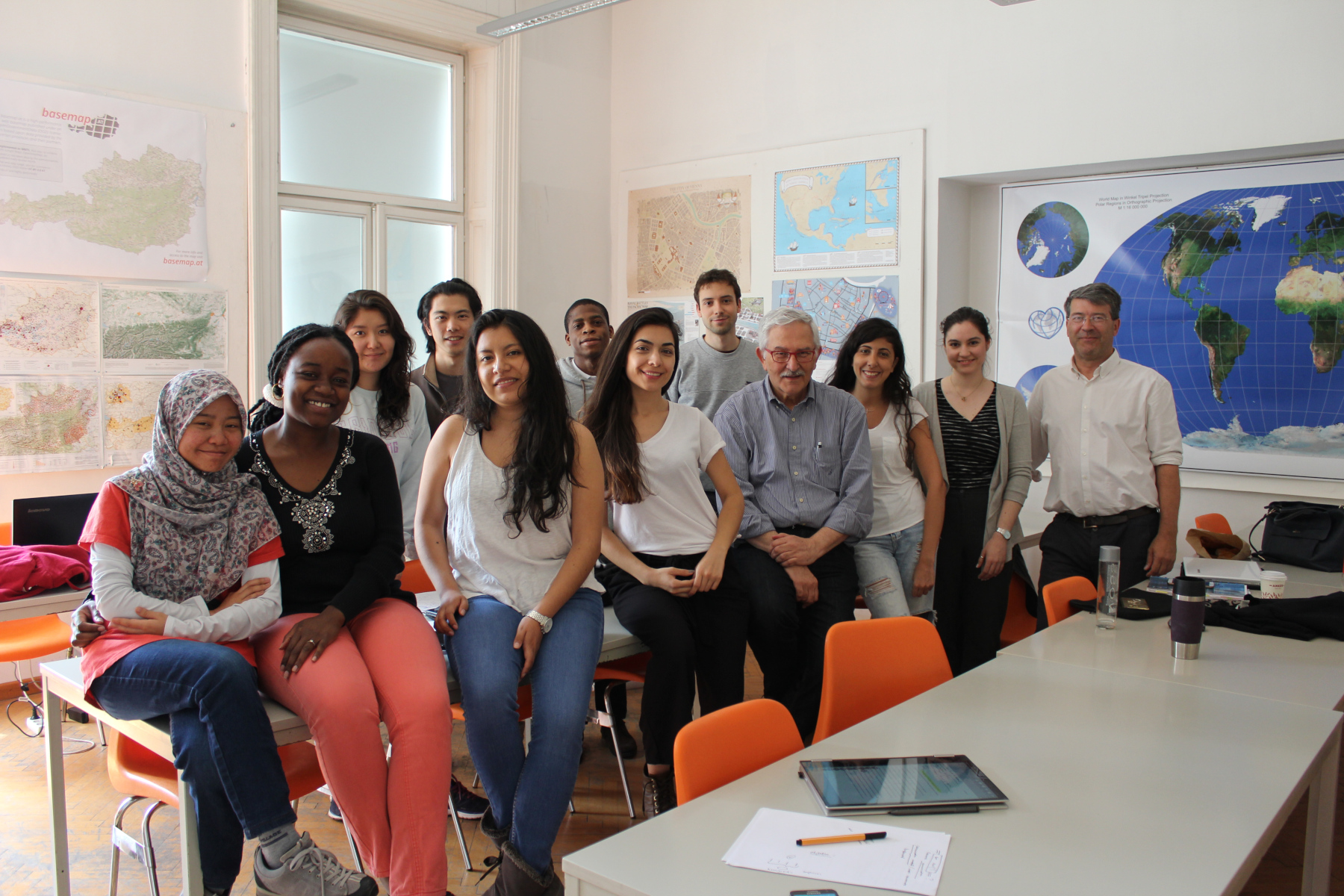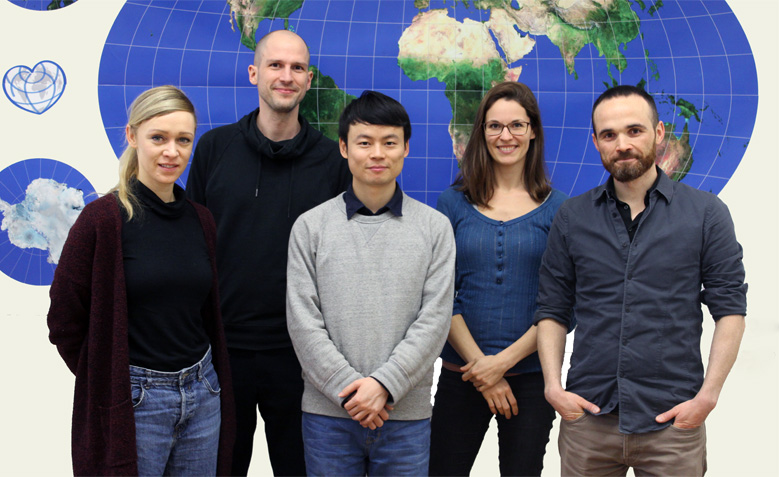A group of students from Penn State visited our research group in the second week of May to give a workshop on working with big geospatial data of the pandemic. The workshop started on May 8 with a speech from Prof. Dr. Gartner about the current research in our group and a lecture from Dr. Kessler about his research on map projections. Dr. Kessler and Beth King, from the Geography Department of Penn State, introduced the assignment to students for the workshop: to develop a geographic visualisation of data related to the COVID-19 pandemic. Students were divided into 4 groups: Penn State students were working together with Cartography MSc students.
Besides working on a workshop project, our guests from the Penn State and Cartography MSc students participated in other educational and social activities. On Tuesday, they visited the Globe Museum in Vienna and had dinner together in a traditional Viennese restaurant. On Wednesday PennState students visited the AR lab in the Geoinformation group of our department, where Dr. Marcelo de Lima Galvao presented his research on Geo AI with the Microsoft HoloLens.
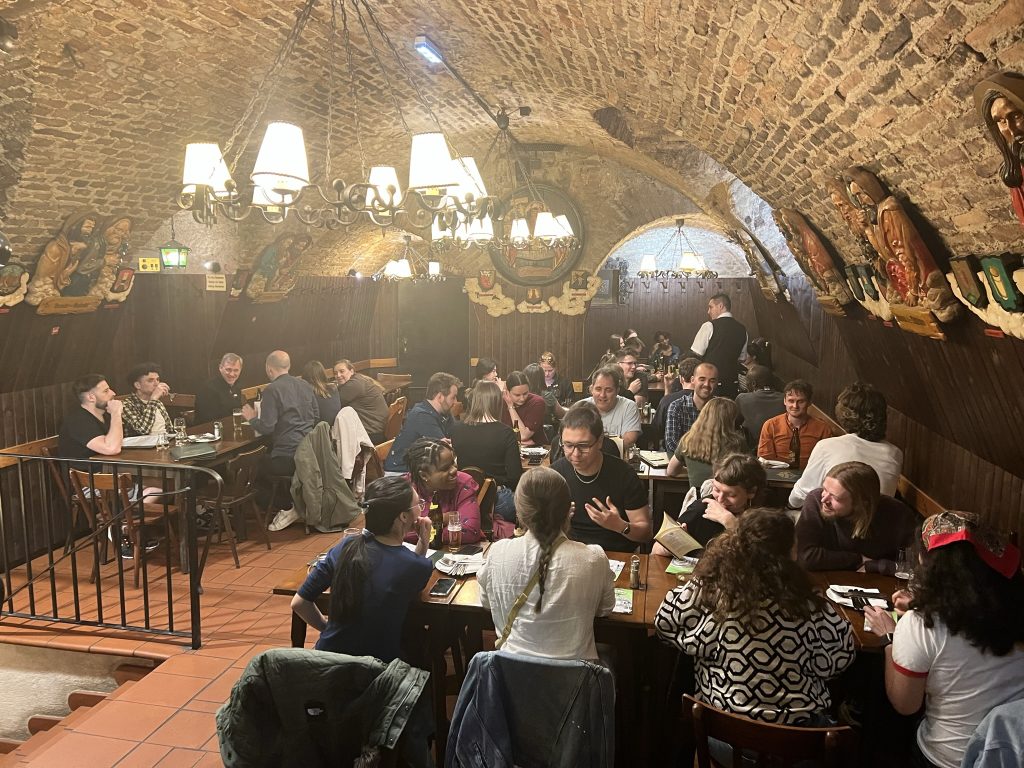
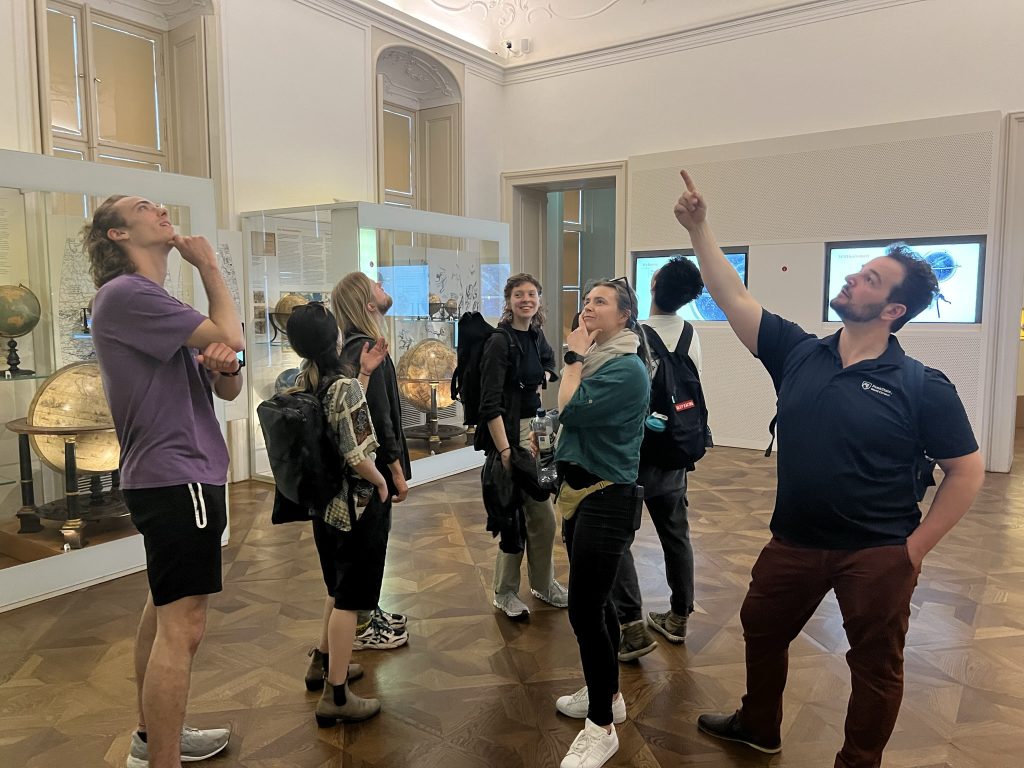
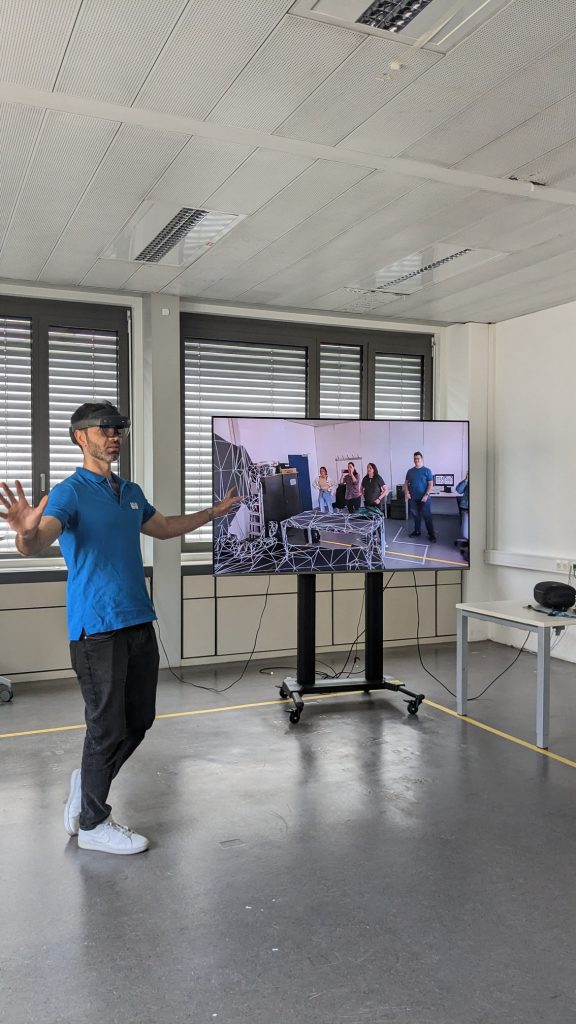
The final presentation of the projects was on Thursday at TU Wien. Students produced four exciting projects. The first group, Team Globetrotter, presented an algorithm that ranked EU countries that were most vulnerable to the effects of the COVID-19 pandemic. The prototype dashboard showed three investment areas: hospitals, vaccinations, and information.
The second group, GeoRelief, sought to provide COVID-19 vaccinations for young Ukrainians in response to the ongoing Russian occupation that responds to a clearly defined humanitarian need. They introduced a dashboard that would help determine populations with the most need of COVID-19 vaccines, representing data and tools gleaned from these organisations.
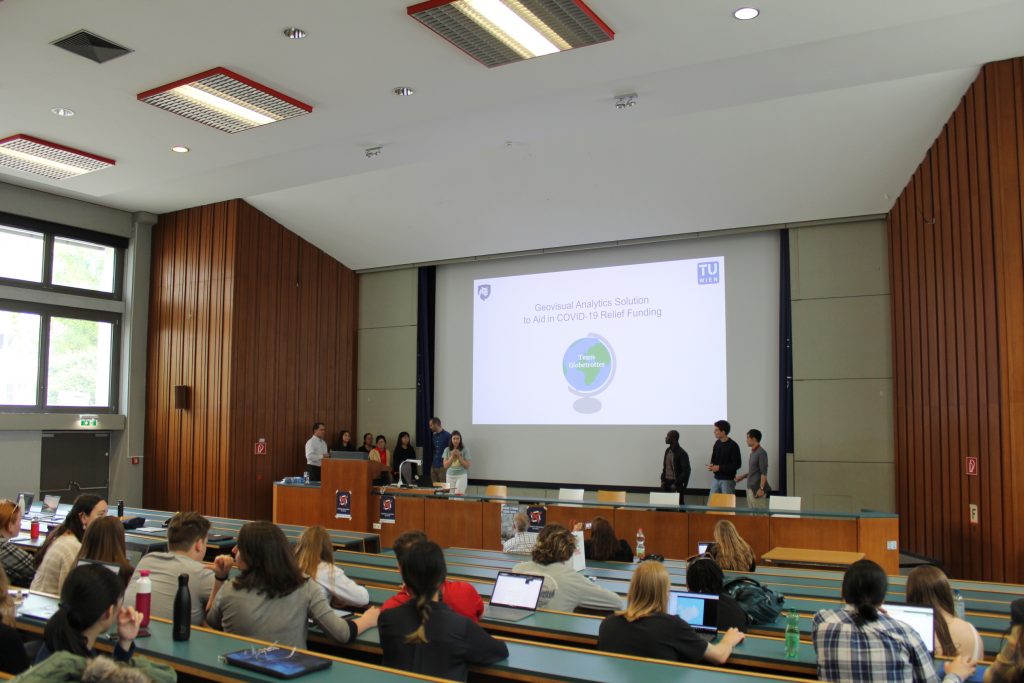
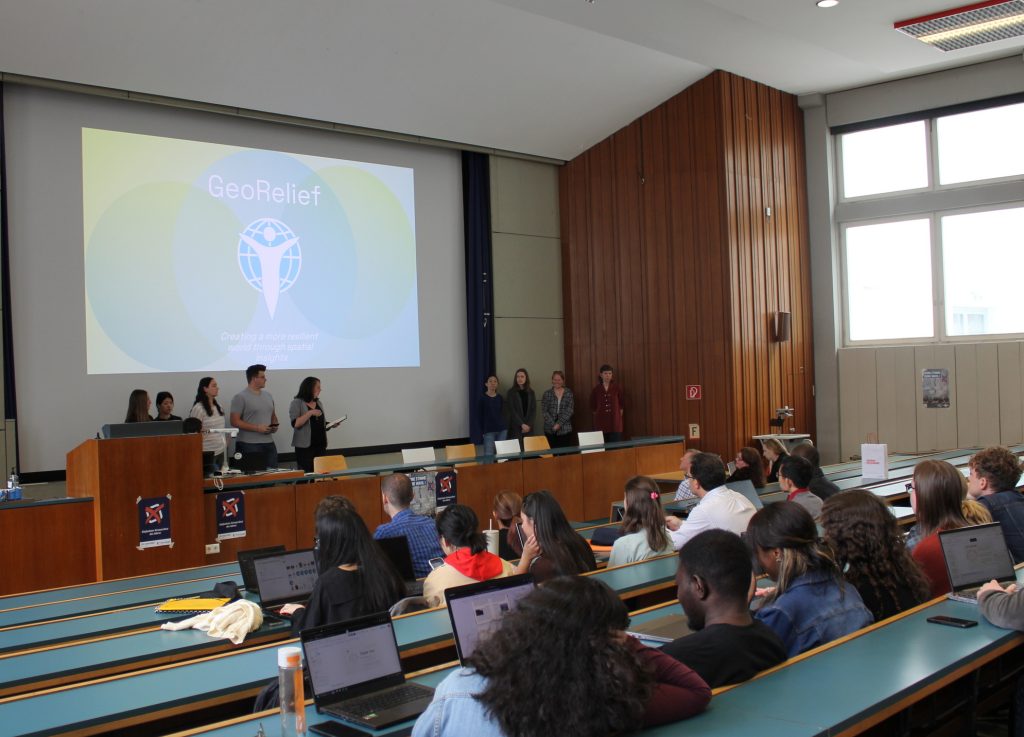
The third group, SeelenGarten, presented a clear mission and vision statement, linking the variables of green spaces with COVID-19 mental health impacts. They presented visuals such as sample geovisualization tools, NDVI details, and data related to the tree canopy and green spaces in their prototype.
The fourth group, Spatial Help, addressed the public health challenge of dealing with the aftermath of COVID-19. This team presented a fact-based characterization of COVID-19’s impact on mental health. Their dashboard’s representation of mental health facilities, showed the location of nearby service providers with the use of a quantitative modelling approach to measure vulnerable populations.
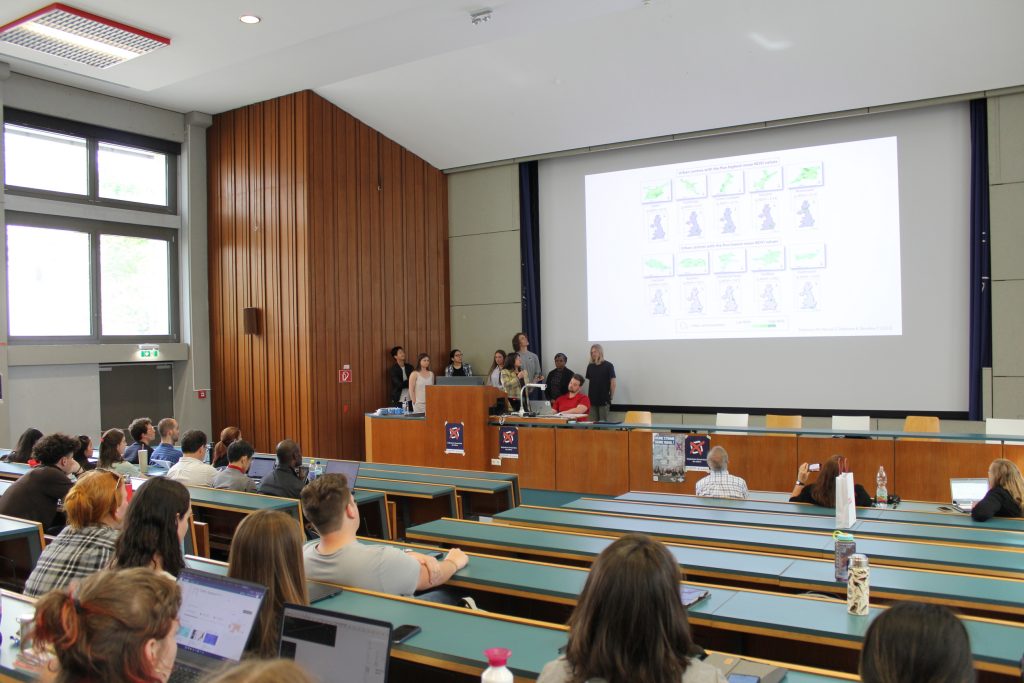
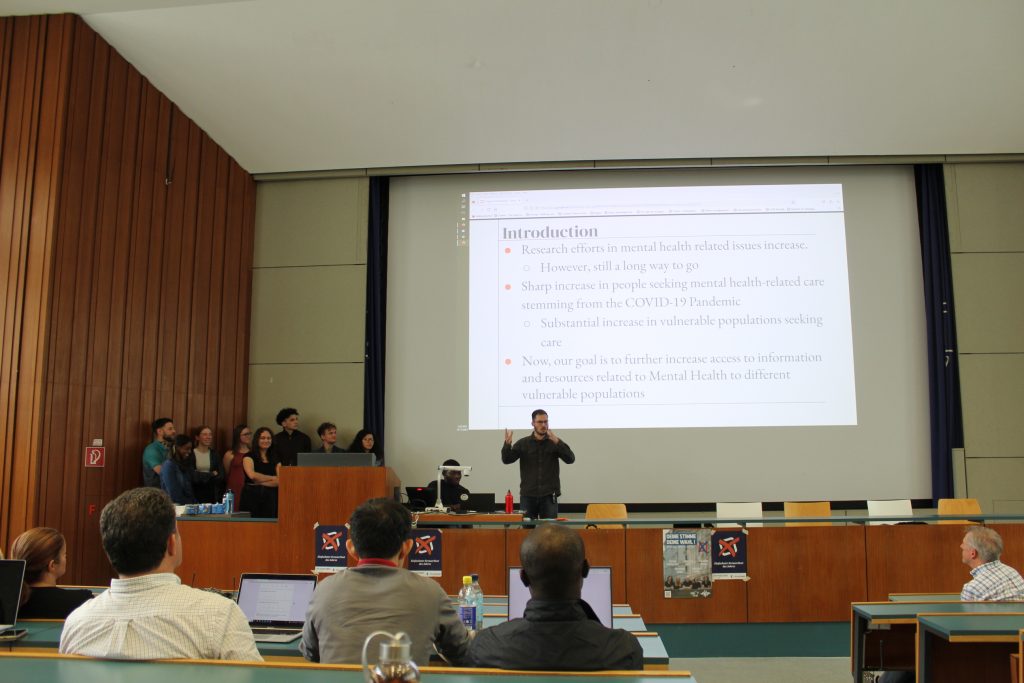
Cartography Research Group thanks the workshop organisers Dr. Kessler, Beth King and Brookelynn Constant as well as the Penn State students for visiting our research group and Cartography MSc students for their fruitful collaboration!
